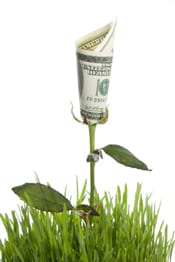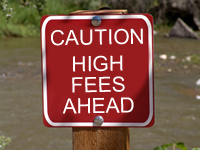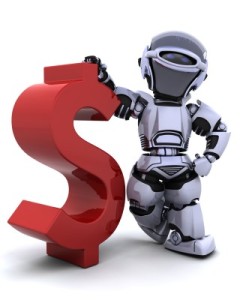Which should you use: a debit card or a credit card? You all know the difference between the two – a debit card uses your own money and a credit card means borrowing with interest.
Here is what I recommend:
Use a debit card when…
You make everyday purchases in person. These are items that are part of daily living: groceries, doctor co-pays, restaurant meals, etc.
Use a credit card when…
You are purchasing big ticket items, anything with a warranty, travel reservations, online purchases, etc. Using a credit card will (usually) give you extra consumer protection for little or no additional cost.
More about that added layer of protection:
When you travel, certain credit cards give trip insurance for items such as lost luggage protection. If you are purchasing electronics, some credit cards extend the warranty period. If you purchase something online and it never arrives (or arrives broken), you can dispute the charge with your credit card company after you have attempted to resolve this with the merchant. You should check with your credit card issuer to see what benefits you have with your credit card. Then make your purchases where you will get the most benefits.








 What is damaged or mutilated currency? What can you do with it?
What is damaged or mutilated currency? What can you do with it?